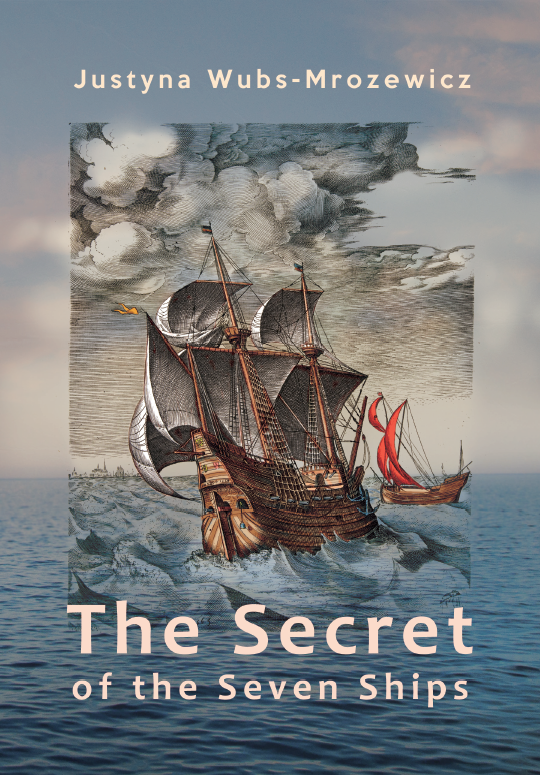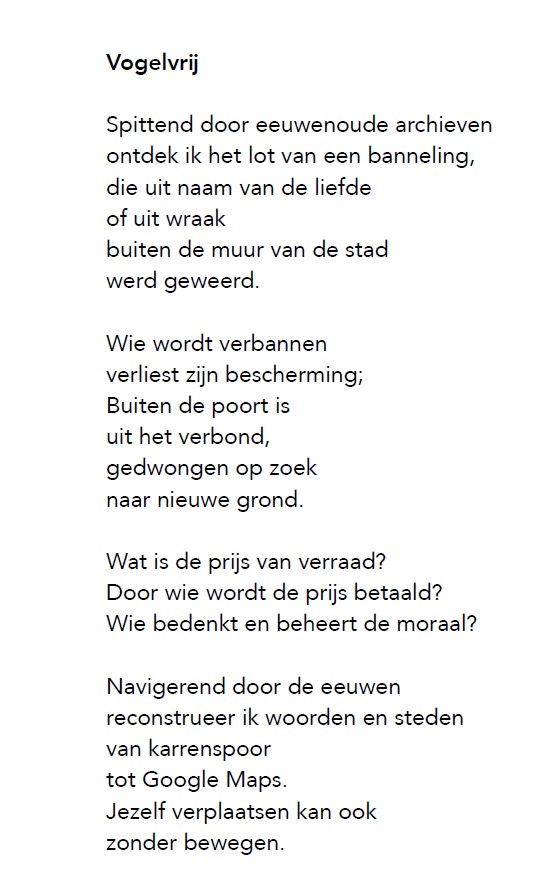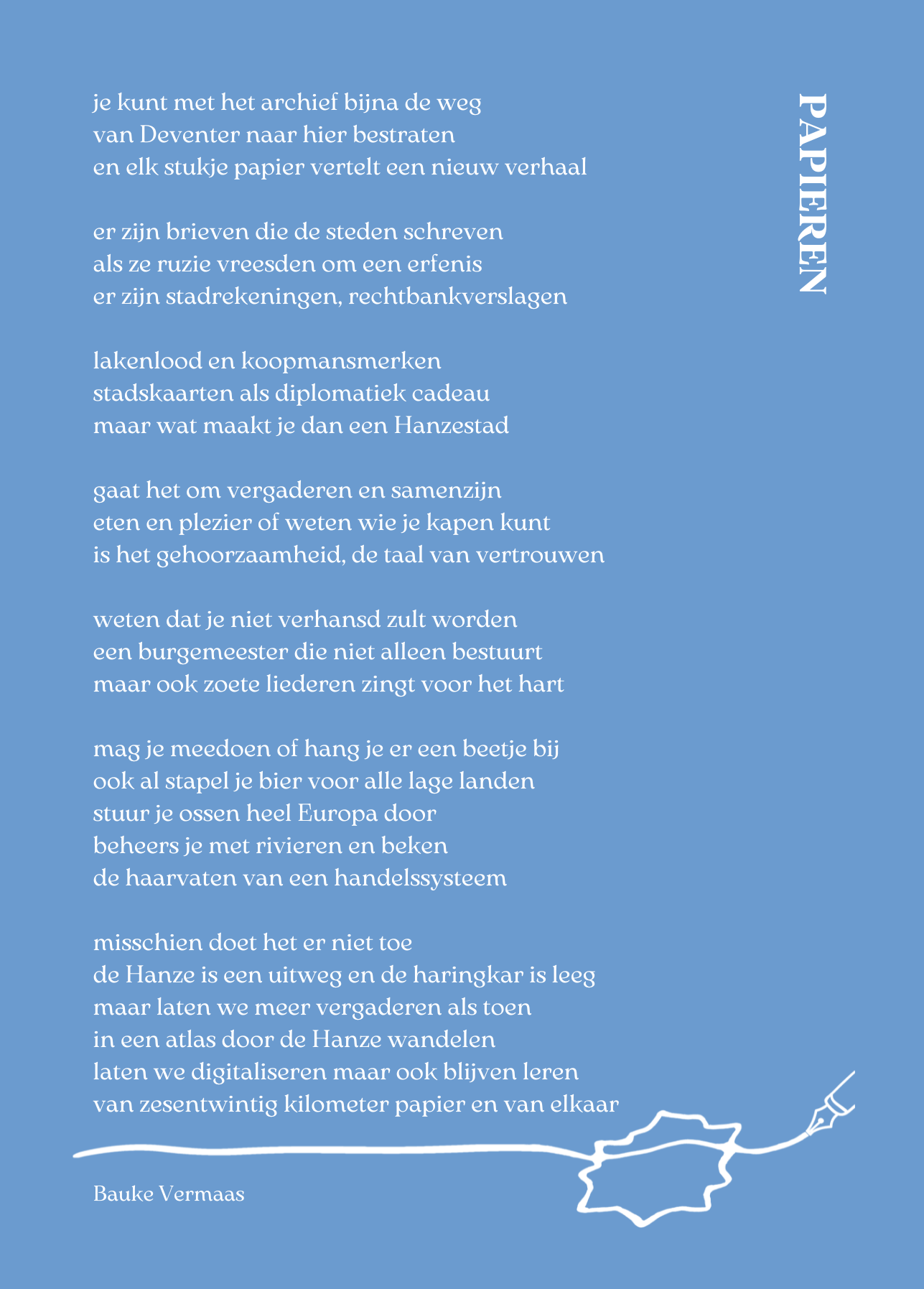New book publication, fact+fiction!
Justyna Wubs-MrozewiczRumours have been circulating about an unusual publication...
We can confirm now: our sources made it to a book which combines fact and fiction: a historical detective for all aged 10-110, curious about history and archival research!
The book can be bough internationally here in the English version, and in the Polish version. It is also on sale in Poland, in both versions.
A personal story behind it by author and project PI Justyna Wubs-Mrozewicz.

Cover text:
‘Can old buildings, documents and objects, music and art take us back in time? Or, maybe, can the past and the present exist at the same time?’
If you are a reader aged 10 to 110 and you are interested in history and adventure, this book about the seven Renaissance ships is for you! It tells the remarkable tale of a group of Dutch ships which arrived in Gdańsk in 1564, and shows how their story was rediscovered in the 21st century. What secrets lie hidden in the pages of a long-forgotten court case? How do historians work in archives and why are footnotes so useful? Who were the teenagers Gabriel and Marysia? Fact and fiction, and the 16th and 21st centuries, are woven together in this book about the magical side of history.
Justyna Wubs-Mrozewicz is Associate Professor of History at the University of Amsterdam. She enjoys uncovering historical secrets of all kinds.


